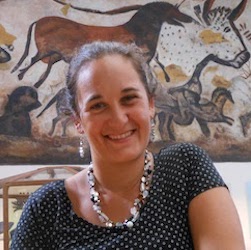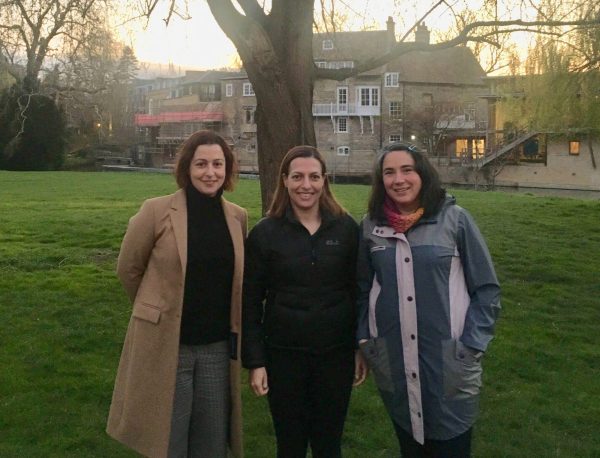
Position
Research Associate
Affiliation
Zoology
Keywords
Ancient DNA, Palaeoecology, Population Biology
I am a postdoctoral researcher in the Evolutionary Ecology Group, in the Department of Zoology, University of Cambridge. I am an evolutionary biologist trying to understand the process that shaped the populations through time
because I am fascinated by how very different factors interacted to result in what we see. My research is based on two basic principles. The first one is that if we really want to understand the current status of a species (or a population) we need to know their past. The second one is that the world is complex, and the only way to comprehend it is to combine evidence from different fields.
Thanks to my interdisciplinary background, I mainly study three different kind of evidence: DNA (both from modern and past organisms), reconstructions of the climate through time, and archaeological findings. I then use complex statistical and computational methods to analyse together such different data and as a result, I get the most plausible history of the population I observe.
Some of the questions that I have asked in my career are: how has climate shaped the distribution of horses through time? Do subsistence strategies have an influence on human genetic diversity? Is genetic continuity through millennia only possible in areas where no migrations happened?
I have travelled a lot and lived in six different European countries (and counting…), and in my free time, I enjoy painting ceramics.

